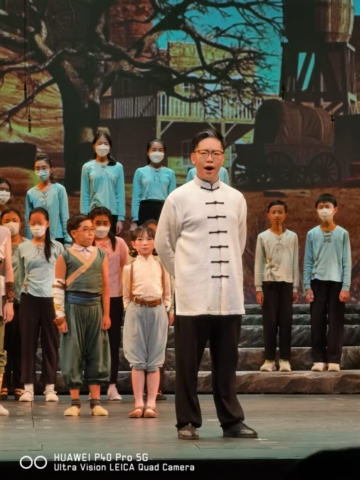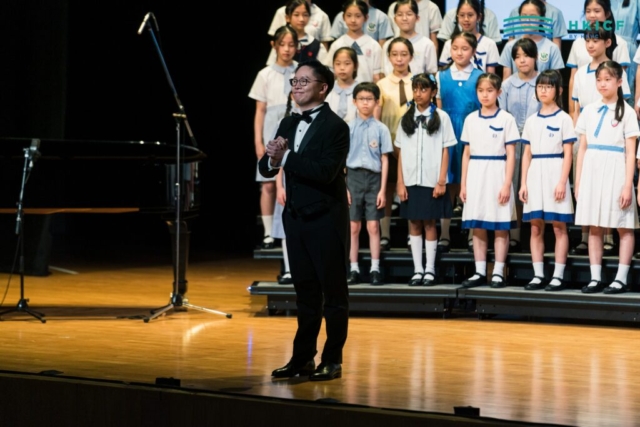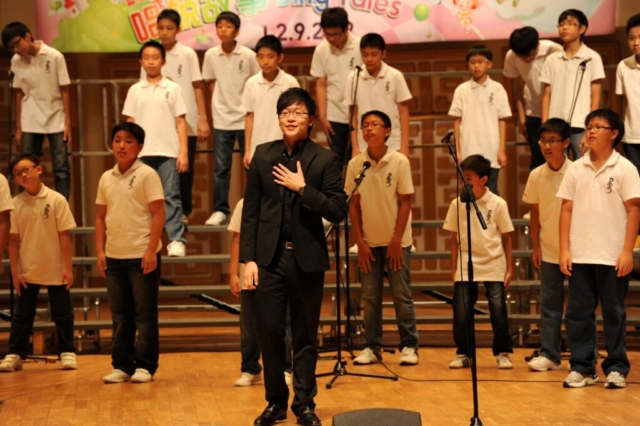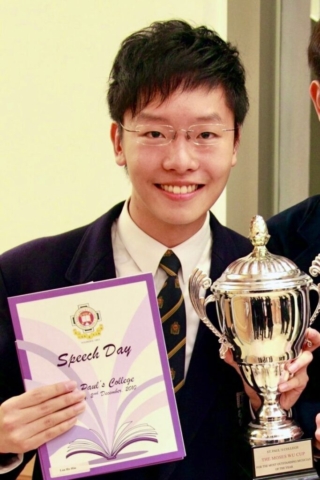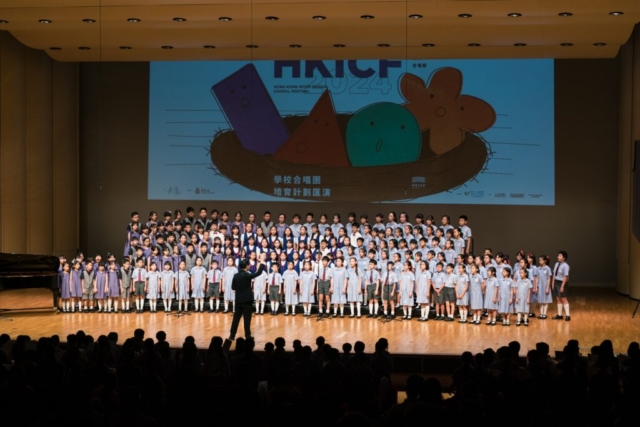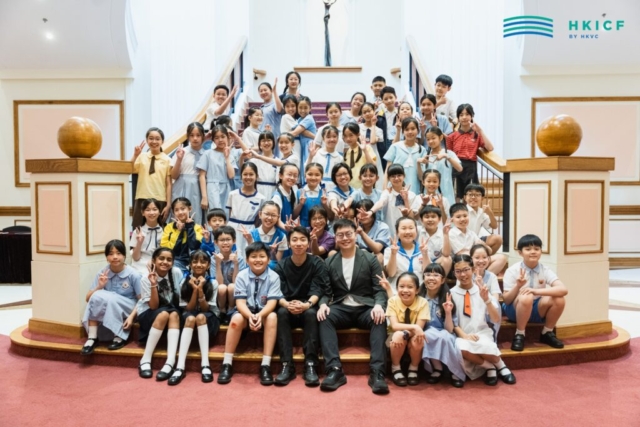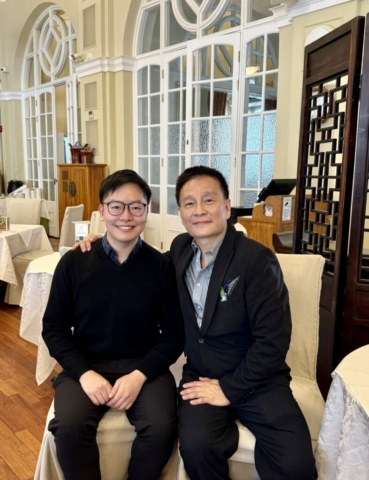What is “Reverse Thinking”?
To put it in a simple way, turning the problem upside-down and finding a solution upside-down is reverse thinking. To put it in layman’s terms, it is about how you solve an old problem from a new angle.
Music contests are a good example. They are supposed to be a means of promoting musical abilities and interest. In reality, winners are often glorified and losers are ignored. Sadly, music contests end up not giving opportunities to teach important values such as respect for others, empathy and learning from mistakes.
Kelvin Lau, like me, is also a believer in reverse thinking. He said, “As the founder of a choir festival, I care more about the choirs that are struggling. Winners are often already in good shape.”
Kelvin himself is however a winner on all counts. He graduated from a top school, St. Paul’s College. He went to study in the renowned Berklee College of Music in Boston, USA. After his return to Hong Kong, he became a music teacher in a famous school. In 2011, this young man founded a charitable organization called the Hong Kong Virtuoso Chorus. In 2018, the popular and acclaimed Hong Kong Inter-School Choral Festival (香港校際合唱節) was established by him. Kelvin is now working full-time for the organisation. Ever since childhood, Kelvin has been passionate about choral singing. He performs as a soloist, chorister and conductor and has won numerous awards and prizes over the years.
Kelvin thoughtfully said, “Winning is great. However, we must understand that it is more important to enjoy and learn from the process. If I do not win a competition, I must reflect on how I could do better next time and keep trying to improve.”
He brought new ideas to actions in the Hong Kong Inter-School Choral Festival. For instance, he encouraged students to make friends with choristers from other schools. He also arranged for adjudicators to work with the choirs after they performed in the Competition cum Masterclass. He visited schools to provide “choral clinics” to help improve choral singing standard. He talked to students in the Hong Kong Inter-School Choir with behavioural issues and extended guidance. He taught unhappy students how to take life easy.
Kelvin said, “I think what’s most important of all is to instil a positive value into our next generation. As a music teacher, I have a hand in shaping the choral leaders of tomorrow. Things are changing so fast that we need to help students become critical thinkers who have the courage to question the old ways and do what is right, even when everyone else is a follower.”
The young, ambitious but kind man continued, “Some said choirs are out of fashion. I disagree. In fact, choral music is amazingly adaptive because choirs can perform all kinds of music. Whether it’s rock, jazz, pop or musical theatre, choirs can perform it. We do have to make sure choral music continues to evolve to meet the tastes of the new generation and attract their participation. The sense of unity and belonging are crucial to the success of a choir group.” I replied, “I have no confidence to sing alone. Singing in a choir, for me, is comfortable and connecting.”
Recent research concludes that choral singing enhances our physical and emotional health. Many great singers joined a choir or singing group when they were children, and that’s how their vocal skills and musical abilities developed.
Let’s sing together and along!
This article can also be found at the following sites:






